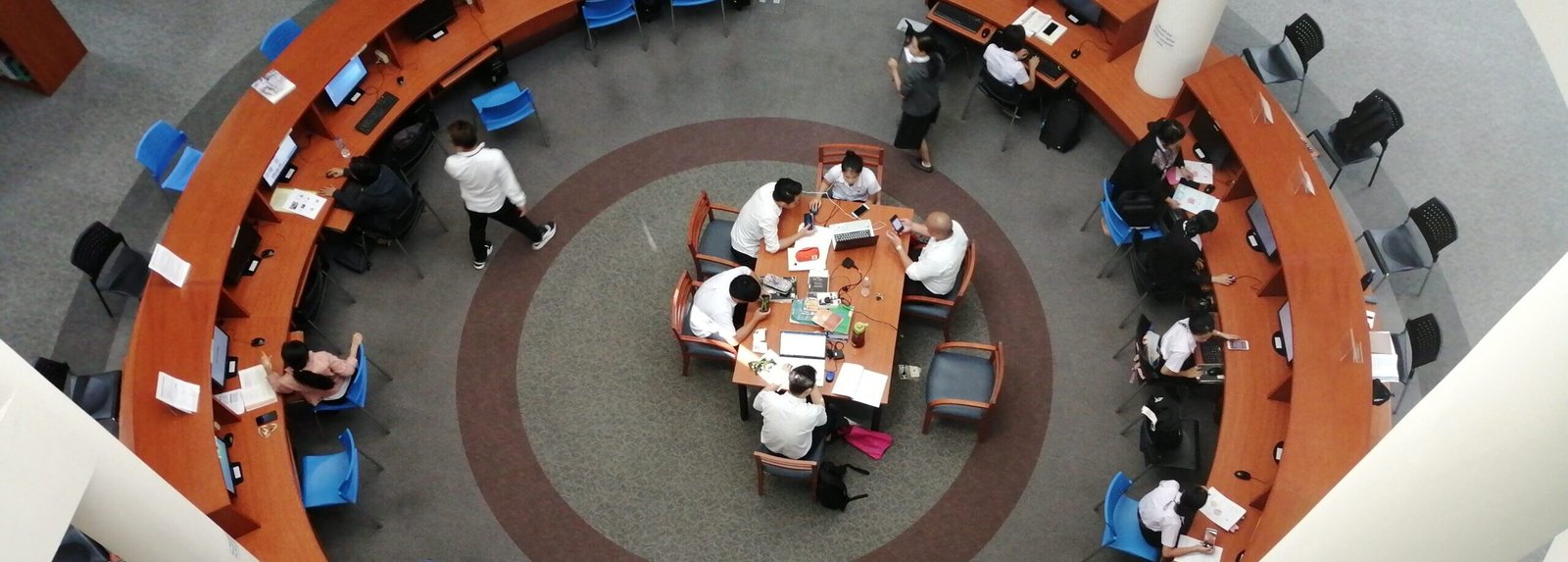
ProQuest database search tips
Assessing resources on the ProQuest database involves several steps. Here is a step-by-step guide to help you navigate and evaluate resources on ProQuest:
- Assessing the website database: ProQuest is found at this link: https://www.proquest.com/. Click on “log in through your library” at the top of the page. In the popup that appears click on “ProQuest Account. Enter the Username and password. (You can get these from the Front desk or ask any Library worker)
- Select the appropriate database: ProQuest offers four databases: ABI/INFORM Global, Coronavirus Research Database, Publicly Available Content Database, and Religion Database (1986 – current). Choose the database that aligns with your research topic or field of study.
- Construct an effective search query: Use keywords and phrases that accurately represent the information you’re seeking. Consider using Boolean operators (AND, OR, NOT) to refine your search. Enclose phrases in quotation marks for exact matches.
- Run the search: Enter your search query in the search box and click the “Search” button to initiate the search. ProQuest will retrieve relevant results based on your query.
- Review the search results: Evaluate the list of articles, books, or other resources displayed on the search results page. Pay attention to the titles, authors, publication dates, and abstracts to determine the relevance of each item.
- Refine your search: If your initial search yields too many results or irrelevant items, you can refine your search to narrow down the results. Utilize the database’s advanced search features, such as limiting by publication date, source type, subject terms, or applying additional filters.
- Assess the source credibility: Click on the title or the “Full Text” link of a resource that seems relevant to access the full content. Evaluate the credibility of the source by considering the author’s credentials, the publication’s reputation, and whether the content has been peer-reviewed.
- Read the abstract: The abstract provides a concise summary of the resource. Read it to determine if the content aligns with your research needs and if it provides valuable information.
- Examine the full text: If the abstract seems relevant, access the full text of the resource to thoroughly review its content. Pay attention to the methodology, results, conclusions, and any supporting evidence provided.
- Analyze references and citations: Look for references or citations within the resource that may lead you to additional relevant sources. These can provide a valuable starting point for further research.
- Save or export relevant resources: If a resource meets your criteria and is valuable for your research, save it or export it to your personal library or citation manager. This will help you keep track of the sources you plan to use.
- Repeat the process: After evaluating a resource, return to the search results page and repeat the steps to assess other resources. This will ensure you consider a wide range of relevant materials.
Remember that assessing resources on the ProQuest database is an iterative process. You may need to refine your search terms, adjust filters, or explore additional databases to find the most relevant and credible sources for your research.
EBSCO database search tips
Assessing resources on the EBSCO database involves several steps. Here is a step-by-step guide to help you navigate and evaluate resources on EBSCO:
- Select the appropriate database: EBSCO offers various databases, such as Academic Search Complete, Business Source Complete, MEDLINE, and more. Choose the database that aligns with your research topic or field of study.
- Construct an effective search query: Use keywords and phrases that accurately represent the information you’re seeking. Consider using Boolean operators (AND, OR, NOT) to refine your search. Enclose phrases in quotation marks for exact matches.
- Run the search: Enter your search query in the search box and click the “Search” button to initiate the search. EBSCO will retrieve relevant results based on your query.
- Review the search results: Evaluate the list of articles, books, or other resources displayed on the search results page. Pay attention to the titles, authors, publication dates, and abstracts to determine the relevance of each item.
- Refine your search: If your initial search yields too many results or irrelevant items, you can refine your search to narrow down the results. Utilize the database’s advanced search features, such as limiting by publication date, source type, subject terms, or applying additional filters.
- Assess the source credibility: Click on the title or the “Full Text” link of a resource that seems relevant to access the full content. Evaluate the credibility of the source by considering the author’s credentials, the publication’s reputation, and whether the content has been peer-reviewed.
- Read the abstract: The abstract provides a concise summary of the resource. Read it to determine if the content aligns with your research needs and if it provides valuable information.
- Examine the full text: If the abstract seems relevant, access the full text of the resource to thoroughly review its content. Pay attention to the methodology, results, conclusions, and any supporting evidence provided.
- Analyze references and citations: Look for references or citations within the resource that may lead you to additional relevant sources. These can provide a valuable starting point for further research.
- Save or export relevant resources: If a resource meets your criteria and is valuable for your research, save it or export it to your personal library or citation manager. This will help you keep track of the sources you plan to use.
- Repeat the process: After evaluating a resource, return to the search results page and repeat the steps to assess other resources. This will ensure you consider a wide range of relevant materials.
Remember that assessing resources on the EBSCO database is an iterative process. You may need to refine your search terms, adjust filters, or explore additional databases to find the most relevant and credible sources for your research.
